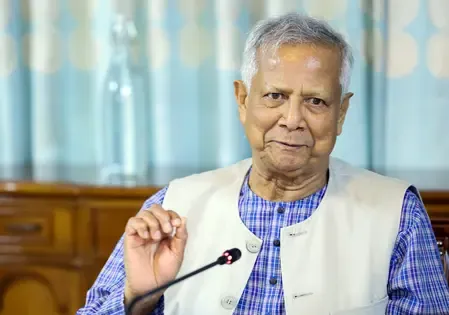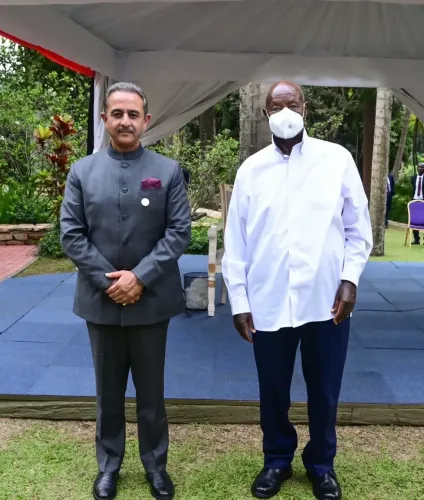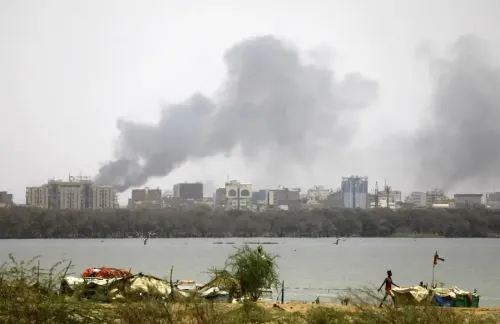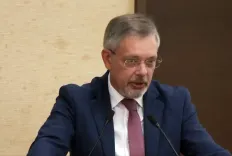Is UN Humanitarian Action Facing Collapse?
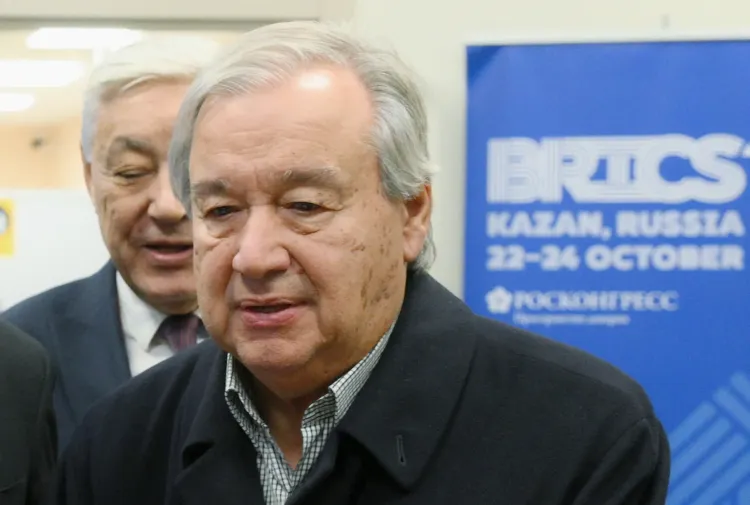
Synopsis
Key Takeaways
- The UN's humanitarian action is at a critical juncture.
- Funding has decreased by over 40% compared to last year.
- A New Humanitarian Compact aims to enhance collaboration among agencies.
- The UN has identified efficiency savings of over 15% for the proposed 2026 budget.
- Immediate action is needed to address rising humanitarian needs.
El Fasher, Oct 16 (NationPress) The humanitarian efforts of the United Nations are perilously close to collapse, as the demand for assistance has reached unprecedented levels while funding for the UN's humanitarian operations continues to decline, according to UN Secretary-General Antonio Guterres.
In his address to the UN General Assembly regarding the UN80 Initiative on Wednesday (local time), Guterres stated, "Now is the moment for bold, systemic transformation, building on the Humanitarian Reset: to provide quicker responses, at reduced costs, and with greater reliability for the millions whose lives are at stake during crises."
To achieve this, the UN has launched a New Humanitarian Compact among its humanitarian agencies— a six-point framework aimed at enhancing service delivery, restoring trust in multilateral action, and maximizing the impact of every dollar spent.
"The Compact will unite the UN system under a new Collaborative Humanitarian Diplomacy Initiative—encouraging coordinated negotiations and unified messaging, so that we can collectively support those in dire need," he noted.
Guterres emphasized the necessity of reducing bureaucratic hurdles by simplifying humanitarian response plans, meetings, and structures; integrating the supply chains of major humanitarian agencies to enable more cost-effective procurement, pooled freight, and shared logistics; and proposing to enhance the use of common services, from office space to fleet and security arrangements.
"Each agency should manage its specific activities, but common tasks should be executed collaboratively to significantly improve efficiency and reduce costs," he remarked.
Guterres also stated that the UN will enhance its collective capacity to utilize data for quicker, more targeted, and dignified actions while aligning responsibilities to decrease overlaps in areas such as food, mobility, beneficiary data, health, and nutrition.
In his speech, Guterres mentioned that to advance the UN80 Initiative, targeted efficiencies and cost savings exceeding 15% have been identified in the proposed 2026 regular budget, with approximately 19% in staffing. "The objective is clear: to minimize duplication, boost quality, and ensure mandate delivery while addressing Member States' demand for improved efficiency," he explained.
The United Nations has requested over 45.3 billion US dollars for its global humanitarian requirements in 2025. However, only 21% of that, or 9.6 billion dollars, has been received as of the end of September, representing a staggering decline of over 40% compared to the same period last year, according to a UN spokesperson on Tuesday.

